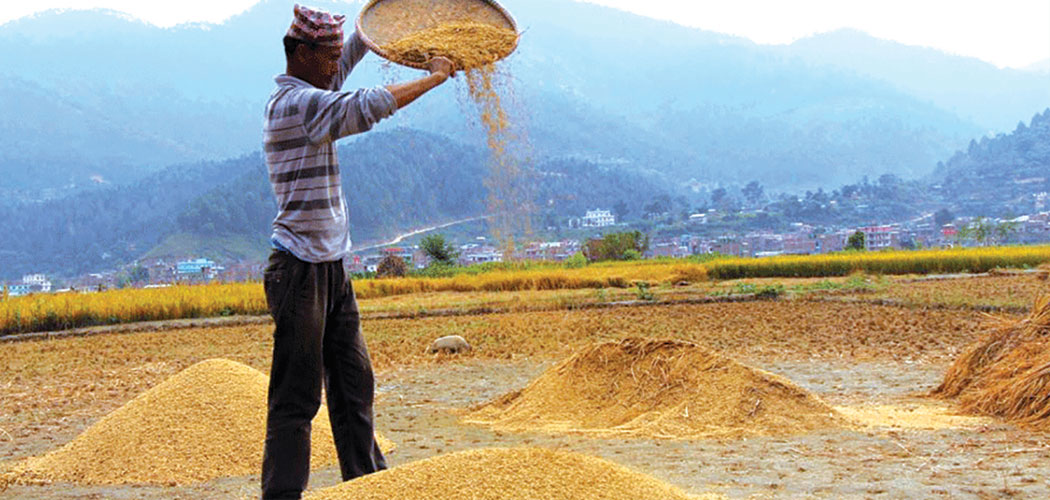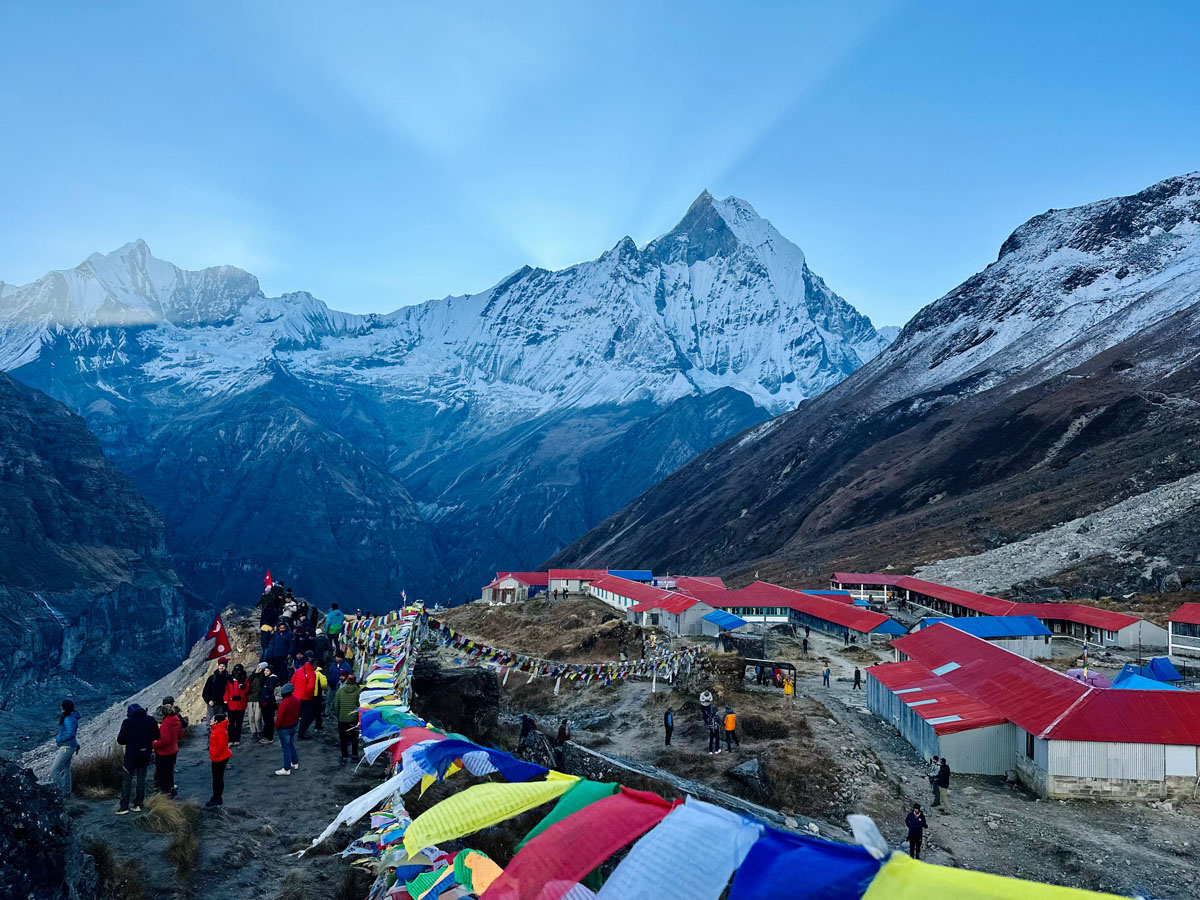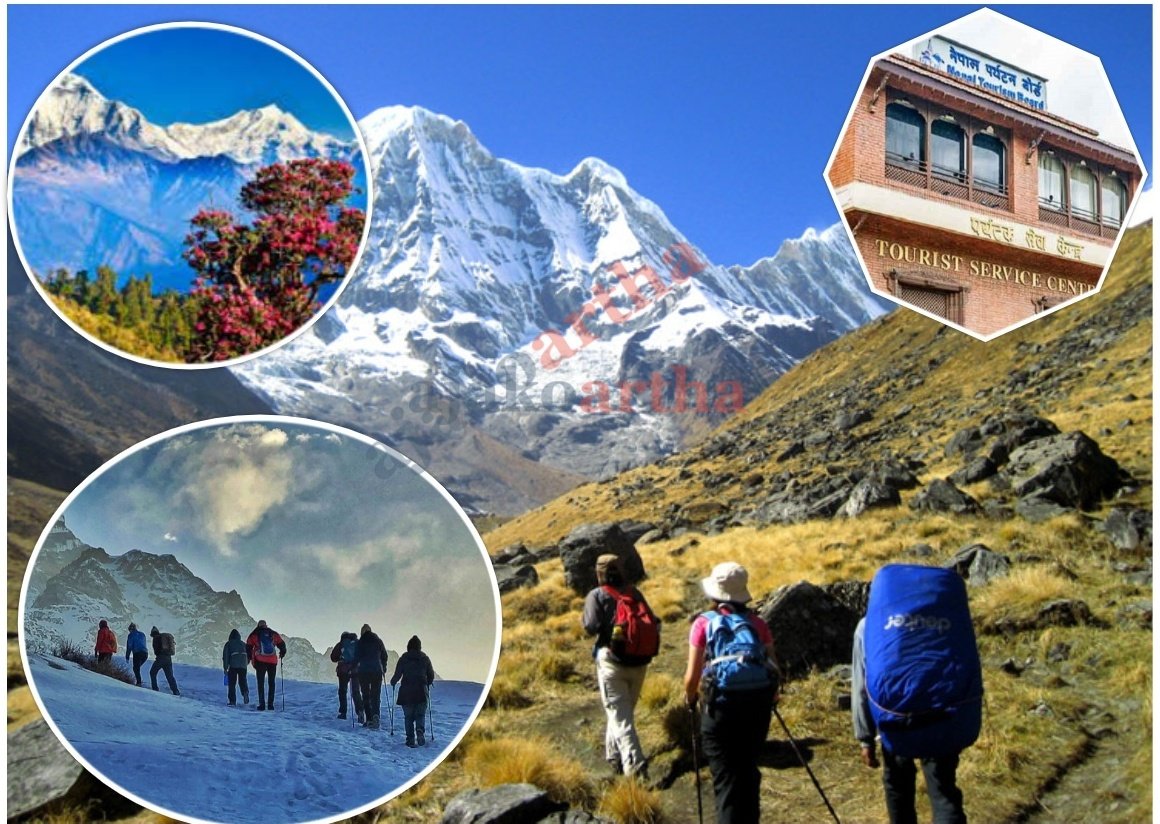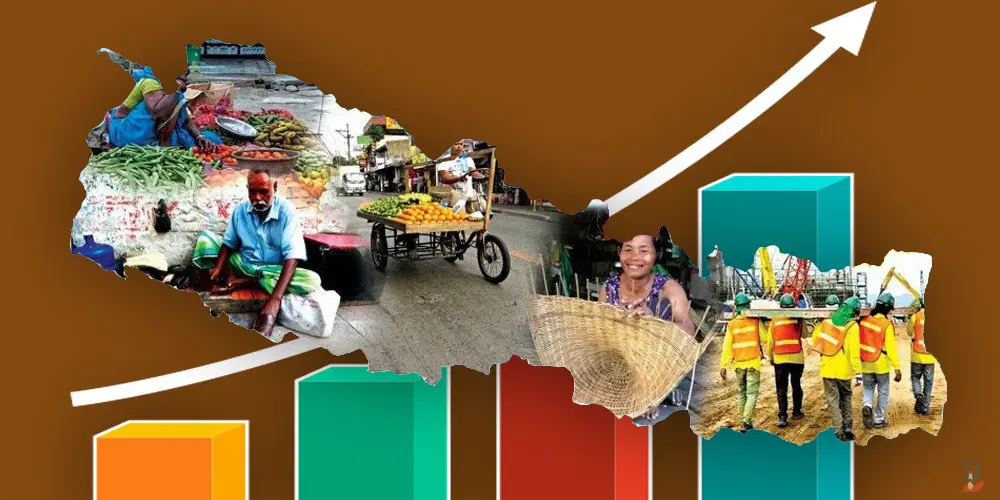By Dipesh Ghimire
Nepal Observes 8th Social Security Day as Contribution-Based Coverage Reaches 2.65 Million Workers

Nepal celebrated the 8th Social Security Day today under the national theme, “Social Security for All: Universal Healthcare Access, a Pensionable Society, Increased Productivity, and Protection of Citizens’ Lives.” The day marks eight years since the government first introduced the contribution-based social security system, a major milestone in Nepal’s effort to strengthen labor rights and long-term worker protection.
A special ceremony was held at the Office of the Prime Minister and Council of Ministers in Singha Durbar. The event featured Prime Minister Sushila Karki as the chief guest, highlighting the government’s commitment to expanding social protection across the nation. The contribution-based Social Security Scheme was officially launched on 11 Mangsir 2075, following the constitutional recognition of social security as a fundamental right.
According to the Social Security Fund (SSF), the contribution-based system was created to ensure social security rights for workers and minimize the economic and social risks they face. Executive Director Kabiraj Adhikari stated that the Fund aims to bring every worker into the system, strengthening Nepal’s move toward universal social protection and a pensionable workforce.
The SSF has steadily expanded its reach under the slogan “Expanding Coverage, Increasing Benefits for Workers.” As of Wednesday, more than 2.65 million citizens have been enrolled under the contribution-based social security umbrella. This includes workers from the formal sector, migrant laborers, informal-sector workers and self-employed individuals, reflecting growing trust in the program.
Among the enrollees, 649,511 are formal-sector workers, while a significantly larger group—1,996,579 individuals—belongs to the migrant labor force. In contrast, the number of informal workers (799) and self-employed individuals (582) remains very low, highlighting a major challenge in bringing Nepal’s informal workforce into the formal social protection system.
The Fund currently offers several schemes such as medical treatment, health and maternity benefits, accident and disability coverage, dependent family security and old-age protection. These programs are designed to provide financial relief and long-term stability for contributors and their families. According to Adhikari, workers have been receiving direct support through these schemes on a regular basis.
Since its introduction, the Social Security Fund has collected Rs. 95.68 billion in total contributions. Over the years, 253,143 workers have received benefits amounting to Rs. 17.72 billion under different schemes. These payouts represent a significant shift toward a functioning and trusted social welfare model in Nepal.
In addition to standard benefits, the SSF offers contributors extra facilities including interest-bearing savings, monthly pensions after completing the required contribution period, home loans, and educational loans. These incentives aim to make the system more attractive and help workers secure financial stability in the long run.
Experts believe that the expansion of contribution-based social security marks a transformative moment for Nepal’s workforce. As more workers enroll, the system is expected to reduce vulnerability, bring more laborers into formal employment, and ultimately create a more stable and productive national economy.









